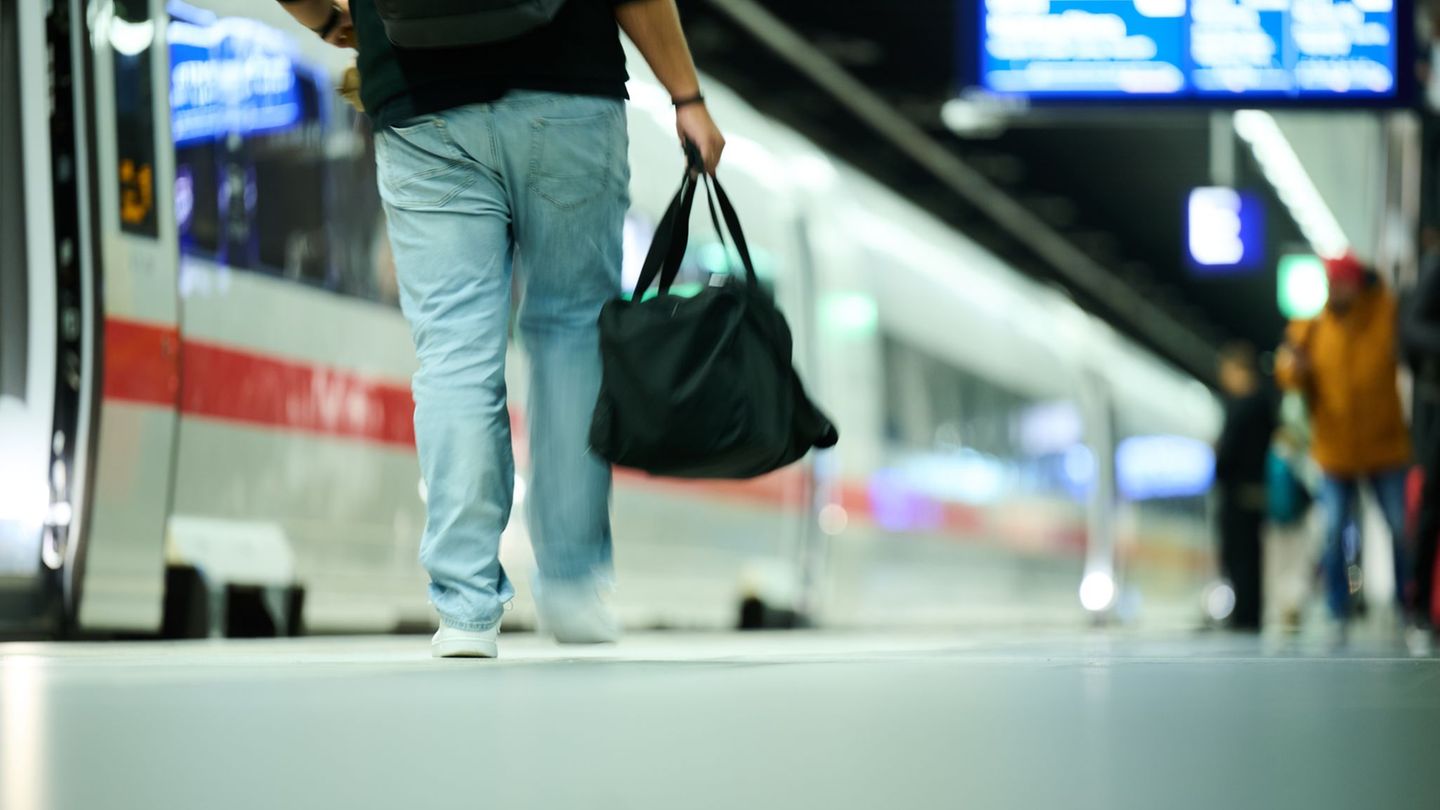Menu
Rail traffic: Are fewer trains a solution to the punctuality problem?
Categories
Most Read
The metallurgical industry deepens its crisis and the use of installed capacity fell to pandemic levels
October 20, 2025
No Comments
Construction: Sentiment in residential construction at a three-year high
October 20, 2025
No Comments
Armaments industry: Naval shipbuilder TKMS has a brilliant start to the stock market
October 20, 2025
No Comments
Amazon reports cloud disruption – online services affected worldwide
October 20, 2025
No Comments
Latest Posts

New controversy: L-Gante is accused of stealing a police officer’s motorcycle
October 20, 2025
No Comments
October 20, 2025 – 11:49 The problems with the Police occurred after his departure from a property in Roque Pérez where a show by the

Lena Oberdorf suffers another cruciate ligament tear – a month-long break
October 20, 2025
No Comments
National player The knee again! Lena Oberdorf has another cruciate ligament tear The description “bitter” would be a complete understatement: national soccer player Lena Oberdorf

“Priceless value”: These 8 pieces of jewelry were stolen from the Louvre
October 20, 2025
No Comments
Parts of Queen Marie-Amelie and Queen Hortense’s sapphire set were taken by the perpetrators. The crown was lost while fleeing Empress Marie Louise’s emerald parure.
24 Hours Worlds is a comprehensive source of instant world current affairs, offering up-to-the-minute coverage of breaking news and events from around the globe. With a team of experienced journalists and experts on hand 24/7.

